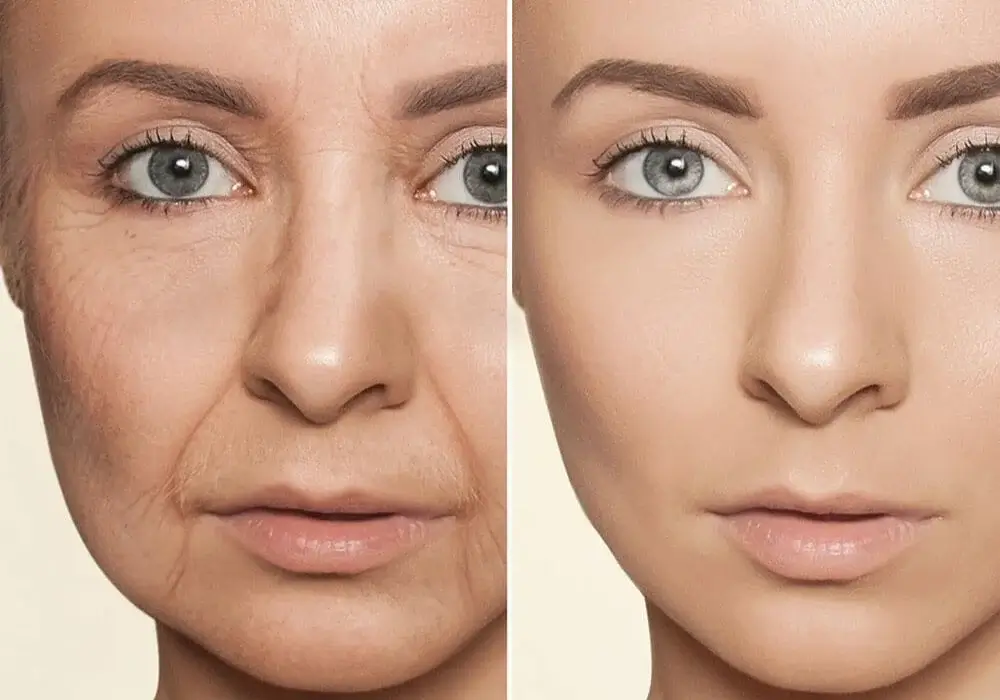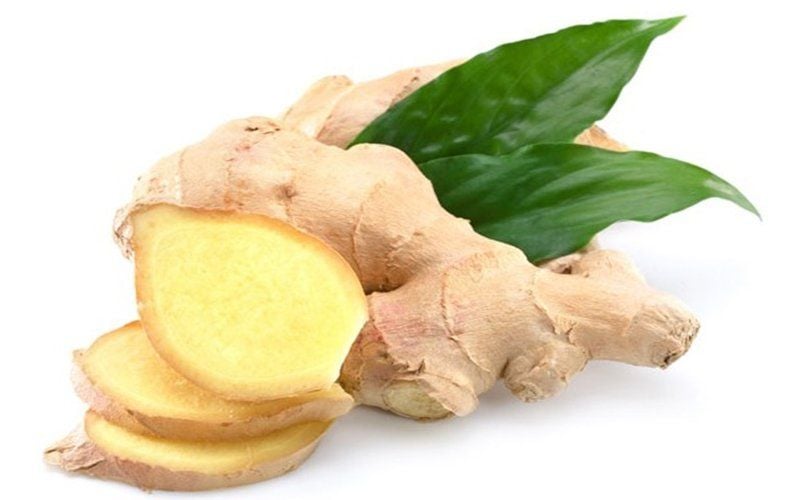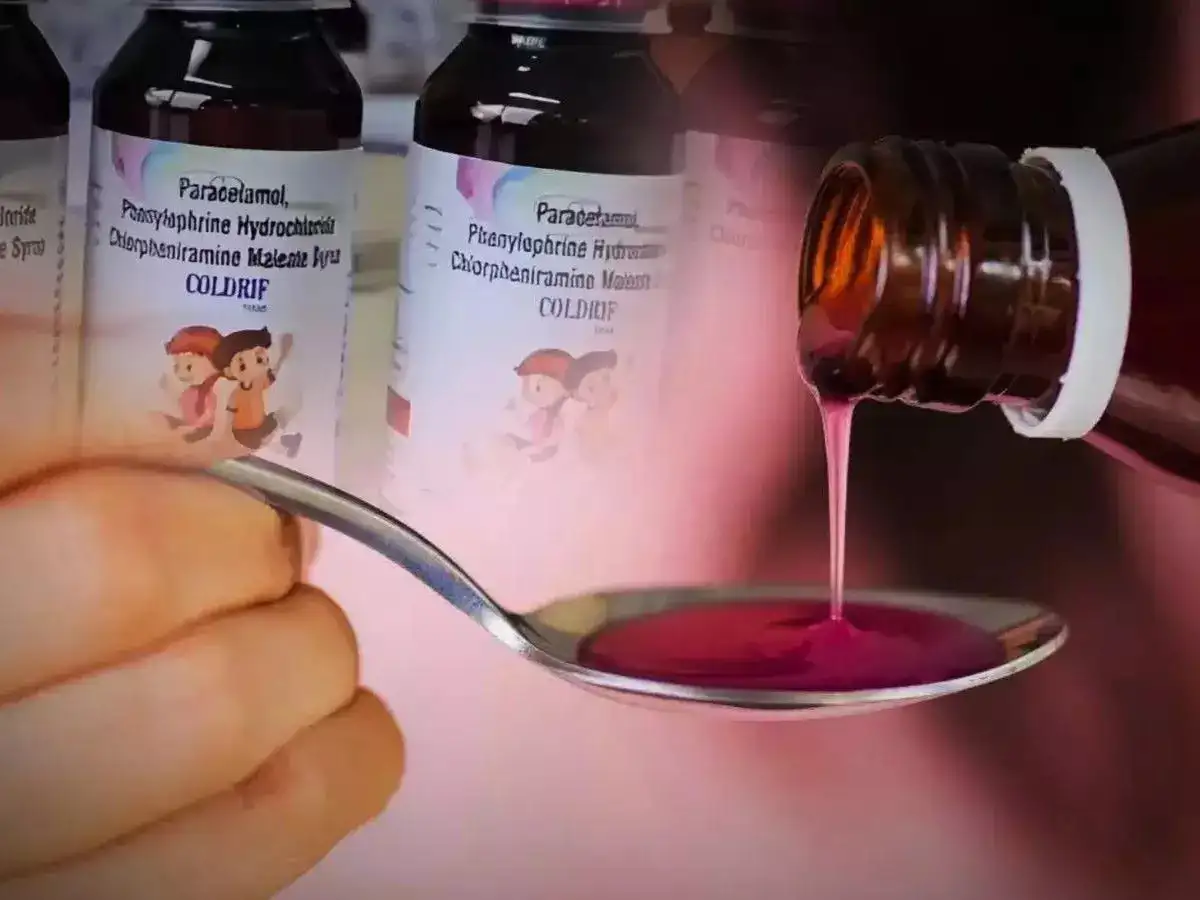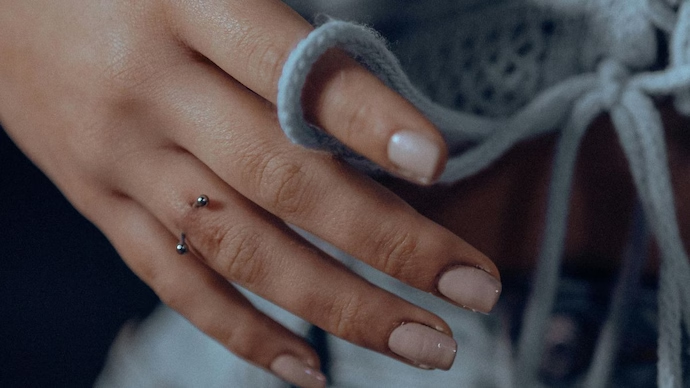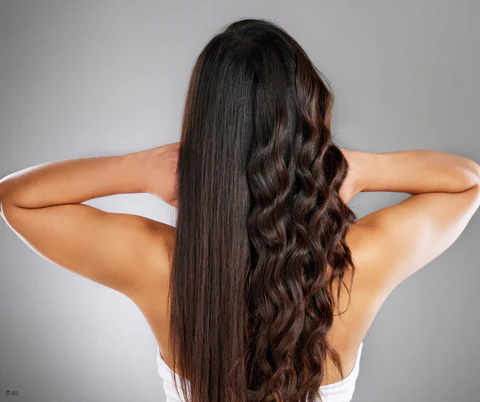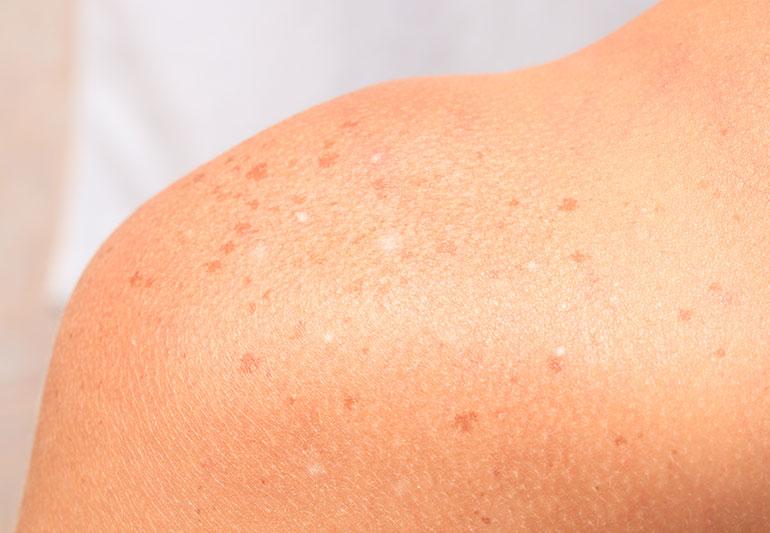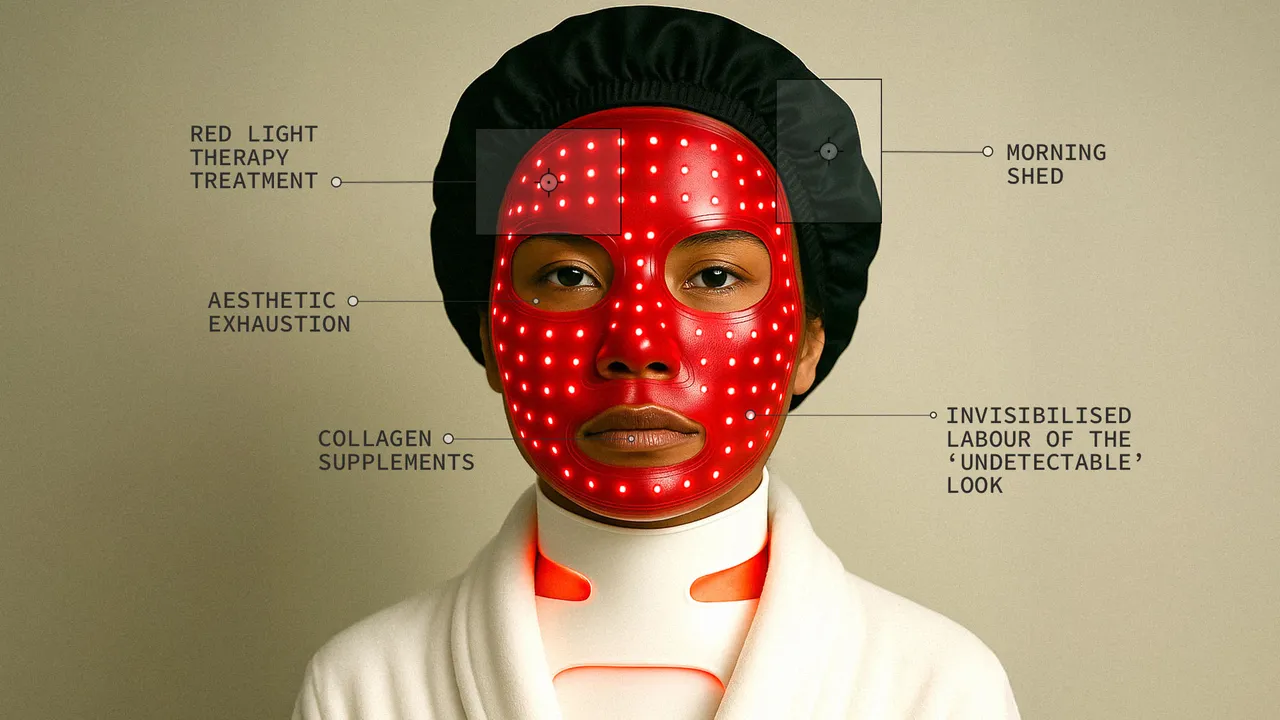Health & Beauty
Still moisturizing with baby cream? Stop now.
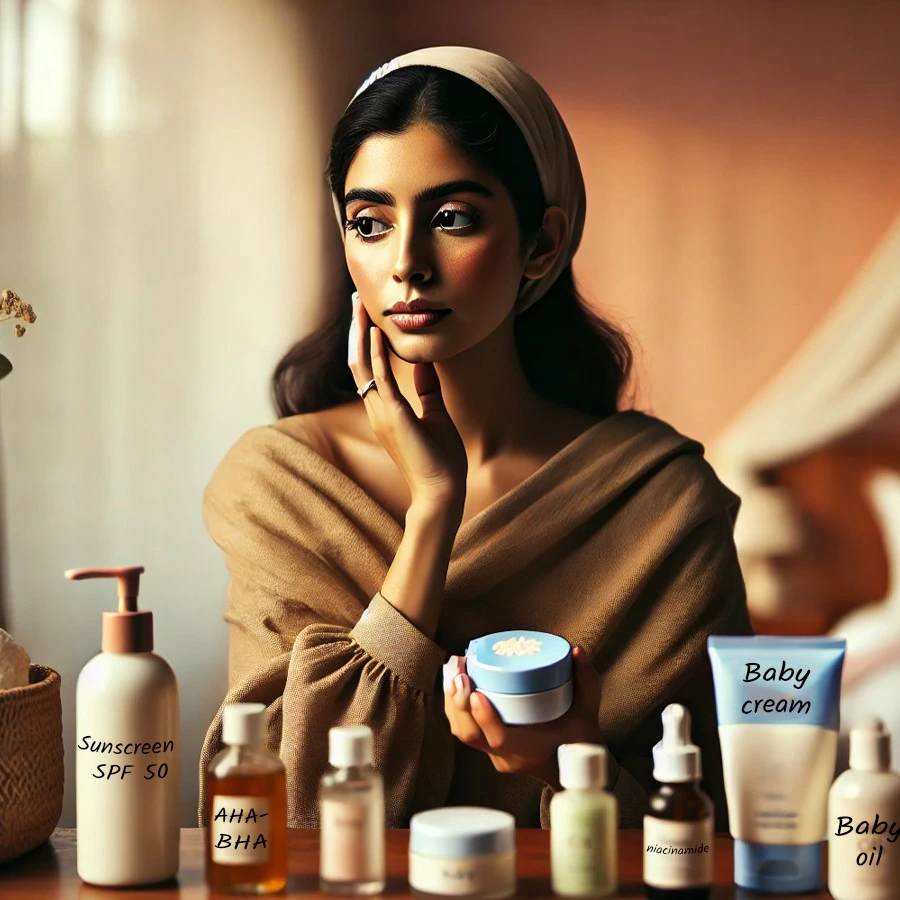

By Kajal Sharma - 18 Mar 2025 05:43 PM
To keep their skin as smooth, soft, and perfect as a newborn's, many individuals still use baby products. However, did you ever ask your dermatologist if this was helping your skin?Is it overstating things to argue that we live in a paradox? A new skincare product is introduced and put on the shelves of your local Sephora every day, and customers are going crazy with the sheer volume of options. Dermatologists detest this habit, which is so widespread that most people wind up storing products they don't even need.On the other hand, there is a group of people who enjoy living in nostalgia. For them, time seems to have stopped, but only in terms of their skincare regimen; they haven't strayed from baby products for smooth, silky, and immaculate skin. You must also stop!What is beneficial for a baby's sensitive skin might not be beneficial for your mature skin. It could be time for an upgrade if you've been using baby creams as your go-to moisturizer.
Baby creams are made for infant skin, which is thinner, more hydrated, and produces less oil, according to Dr. Ruby Sachdev, a consultant aesthetician at Gleneagles Hospital Bengaluru. Their requirements differ from those of adult skin. However, adult skin has sebum and sebaceous glands, is thicker, generates oil, and is subjected to harsher conditions including UV radiation, pollution, and stress. Therefore, a baby moisturizer might not be enough to adequately hydrate and protect adult skin.Celebrity dermatologist Dr. Niketa Sonavane, who founded Mumbai's Ambrosia Aesthetics, concurs. She notes that mature skin needs elements that truly hydrate, protect, and restore because it loses moisture more quickly. Baby creams, on the other hand, are too simple for this. Even while they might feel smooth and calming when applied, they lack the active components that mature skin needs, such as hyaluronic acid, ceramides, and peptides (which preserve the skin barrier).


